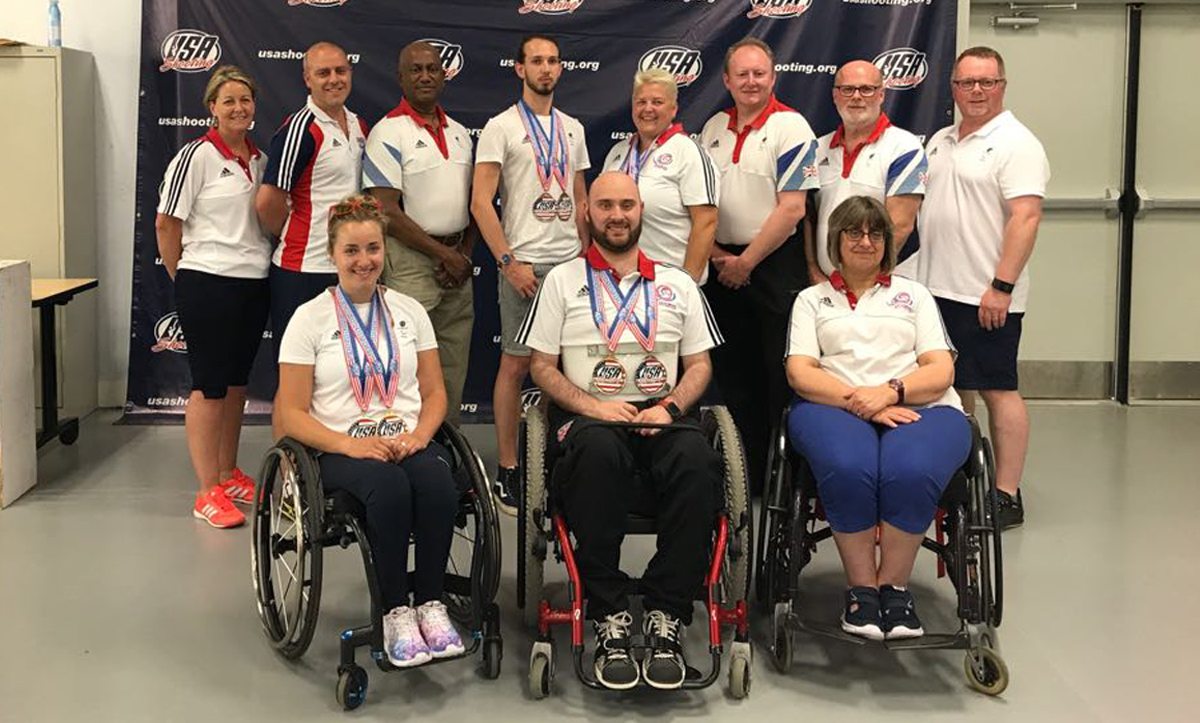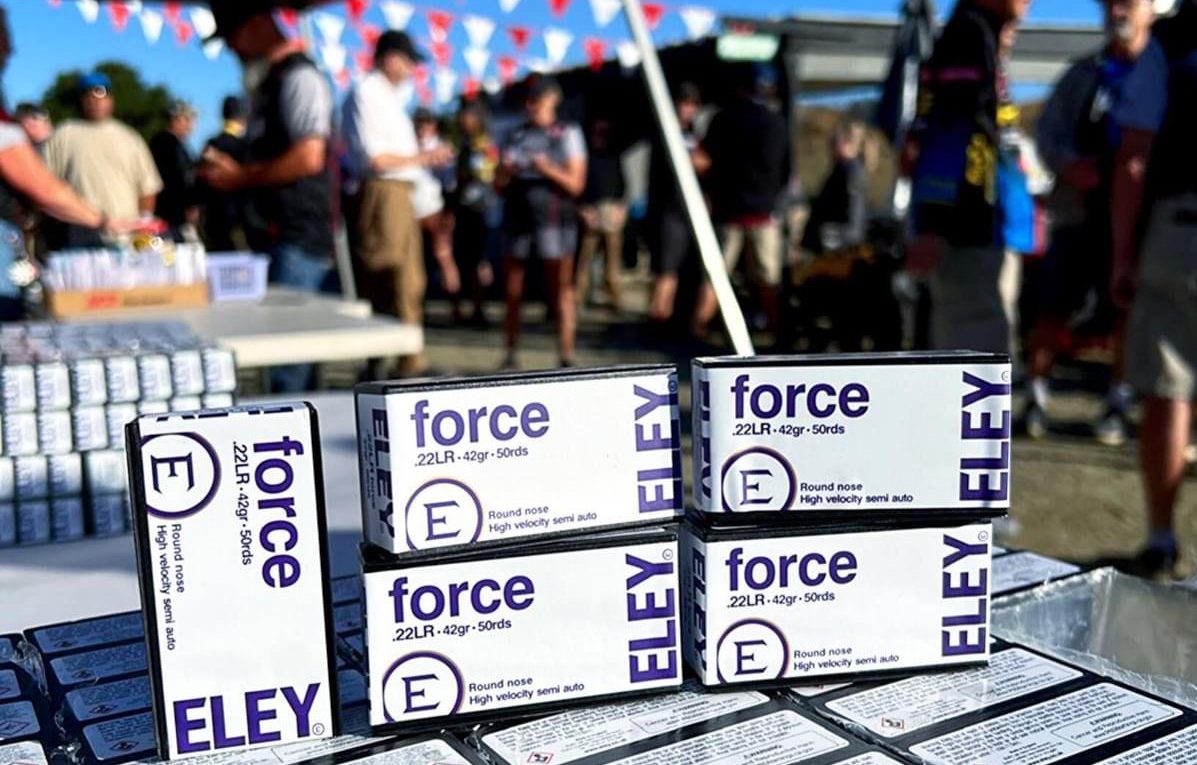Mike Babb has a long history in shooting sports, first picking up a small-bore rifle aged 12. He quickly progressed, working his way up the competitive shooting ladder. In 2002 he pocketed his first gold and silver medals at the Commonwealth Games. This was closely followed by a first place finish at the ISSF World Cup in Atlanta. Mike has also had the opportunity to compete on the world stage for team GB at two Olympic Games (2000 and 2004).
Today, Mike is passing on his experience and expertise as the Head Rifle Coach at British Shooting for the Paralympic team. We caught up with Mike to find out more about his role and how he prepares his athletes for competing on the world stage.
How long have you been a coach and how did you get into coaching?
I have been formally coaching since late 2012 but have been coaching privately for about 15 years. Apart from some occasional and informal work with some of my club mates at Appleton Rifle Club, I was originally asked by Chris Fordham of Bedford Target Supplies to consider working with one of the Bedford Rifle Club members. That as well as work helping some of the shooters in the South West region arranged by my friend and brilliant optician, Mike Taylor, broadened my exposure. This ultimately led to my position with British Shooting.
Can you try and describe a typical training day?
A bit of a cliché, but there is no typical day. That’s what I love about the job, no day is the same. Some things are a regular occurrence like setting individual agendas for each training session and having a debrief at the end of each session or day. But other than that, each day is tailored to the specific needs of the individual.
How do you prepare the team for World Cups / Paralympic events?
In addition to structured training specific for each athlete’s needs, we will take into account things like Time Zone differences and jet lag, climate and food. This is in addition to more sport specific considerations like schedules, training and recovery times. The aim is to cover all eventualities to limit any surprises or potentially negative influences.
How do you help the team prepare mentally when there’s pressure for quota places?
It’s all about keeping each athlete in the right frame of mind. By knowing and understanding their individual requirements as well as their motivations and personality, helps to deal with influencing factors such as pressure and stress.
What has been your highlight for from 2018?
We had a massive change in the management structure of British Shooting in early 2018 which had a huge impact on the Squad’s preparation for the U.A.E. World Cup and the World Championships in Korea. The whole team pulled together and showed great character which I was incredibly proud of. They all performed extremely well given the challenges they faced.
To highlight a couple, James Bevis’ performance in R9 50m Rifle Prone mixed SH2 event at the World Shooting Para Sport World Cup in Chateauroux, France. He qualified 6.7 points clear of second place (he would have qualified 7th if he had shot only 59 shots) and won Gold by 5.5 points. Additionally, Matt Skelhon’s relentless pursuit of the leaders in the R3 10m Air Rifle Prone mixed SH1 final to take Gold by 0.1 points gave us one of the most exciting finals I can remember.
What are you looking forward to in 2019?
For the Squad, the pursuit of further medals and more importantly quota places for Tokyo 2020. On a personal level I am privileged to be working with some great people in British Shooting and I am looking forward to the next part of the journey.
I am also fortunate to be on the Coach Leader Programme run by UK Sport which is giving me some great ideas, knowledge and skills which I am able to use in my daily training with the Squad.





